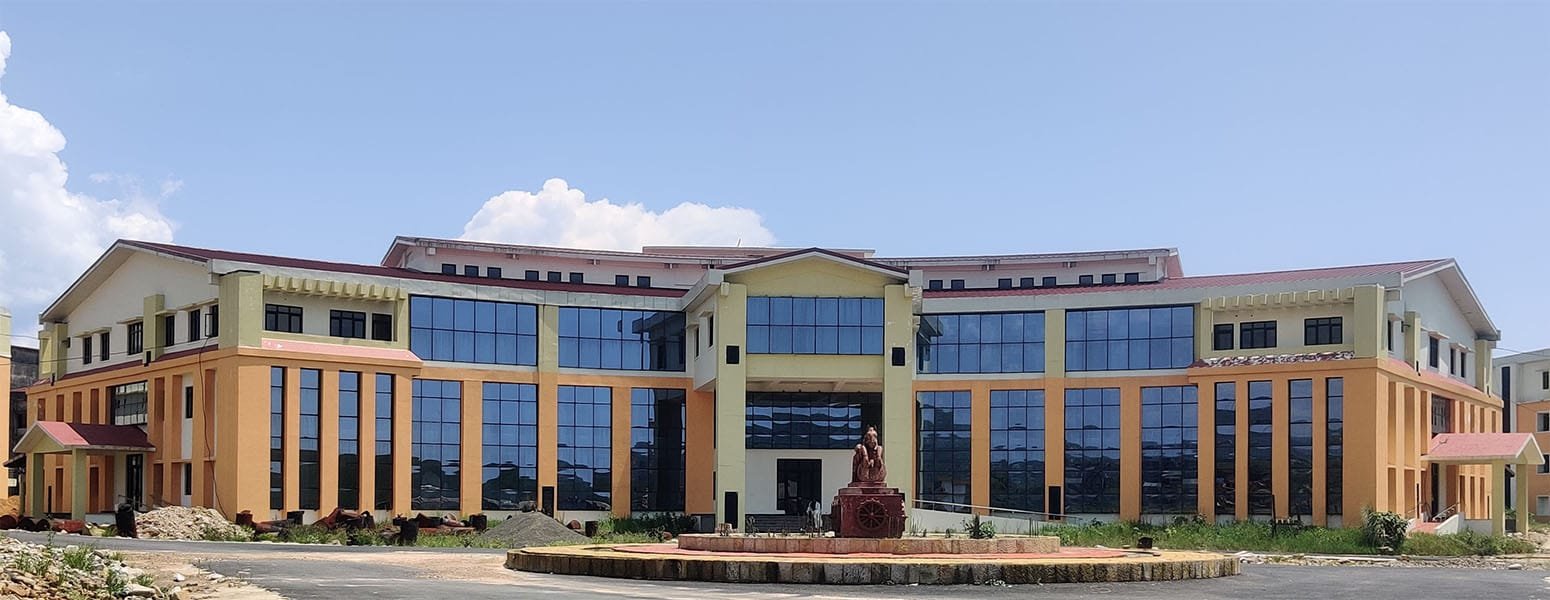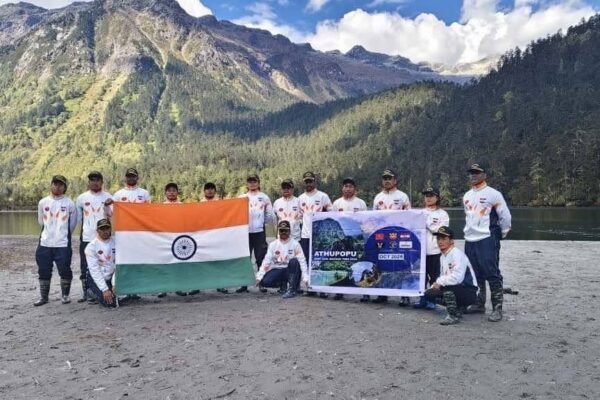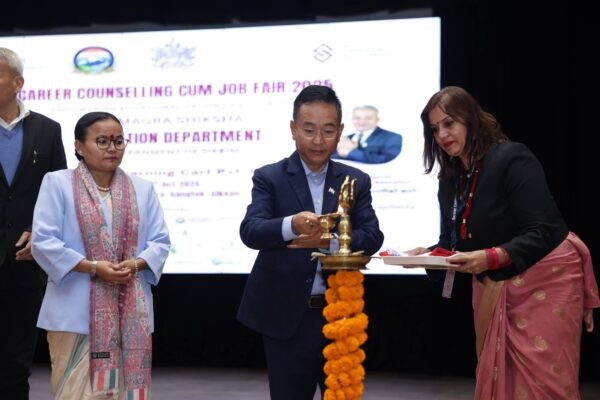Researchers from the National Institute of Technology (NIT) Meghalaya and the North Eastern Space Applications Centre (NESAC) have launched a joint initiative to enhance 5G and 6G network connectivity in Sohra, known as the world’s wettest place.
After moving to their permanent campus in Sohra, the research team observed that the region’s unusually large raindrops often interfere with high-frequency communication signals, creating challenges for network reliability.
Dr. Anup Dandapat, Dean (Academic Affairs) at NIT Meghalaya, said the study aims to leverage the extreme rainfall as a natural testing ground. “Instead of treating heavy rainfall as an obstacle, we are using it as a natural laboratory. Understanding how each droplet interacts with high-frequency signals can help us design more adaptive and resilient networks for rain-prone areas,” he explained.
The project focuses on studying the impact of extreme precipitation on signal transmission and developing rain-resilient communication systems, which are crucial for remote and hilly regions frequently affected by monsoons.
In a parallel achievement, NIT Meghalaya recently designed and fabricated the state’s first integrated chip (IC) under the Special Manpower Development Programme (SMDP) of the Ministry of Electronics and Information Technology (MeitY).
The Finite State Machine (FSM) chip, developed by a team led by Dr. Prabir Saha, Dr. Shubhankar Majumdar, and Dr. Pradeep Kumar Rathore along with PhD scholars Geetima Kachari, Parishmita Goswami, and Deibaphira Suchiang, was fabricated at the Semiconductor Laboratory (SCL) using 180-nanometre process technology.
Designed for precise control in irrigation systems and tensiometers, the chip is expected to advance agricultural technology in India. It was presented to Prime Minister Narendra Modi during the SEMICON India 2025 summit, highlighting the region’s academic contribution to technological self-reliance.
Dr. Dandapat noted that these initiatives—addressing connectivity challenges during heavy rainfall and breakthroughs in IC design—reflect the growing research ecosystem in Northeast India. NIT Meghalaya is also developing a second chip to improve agricultural monitoring by analyzing multiple environmental factors to support effective plant growth assessment.









